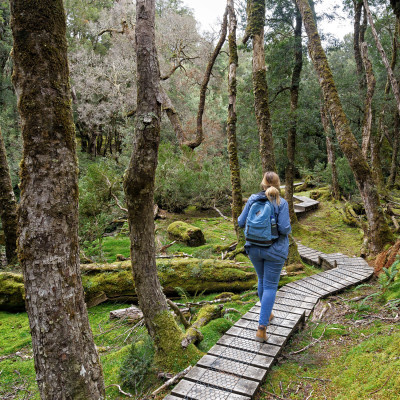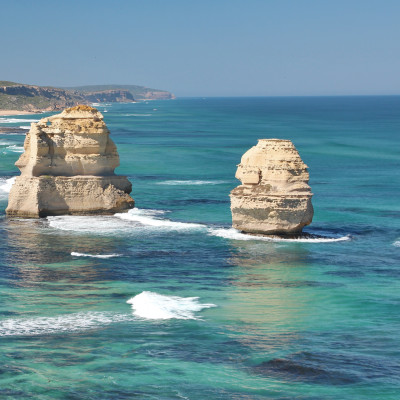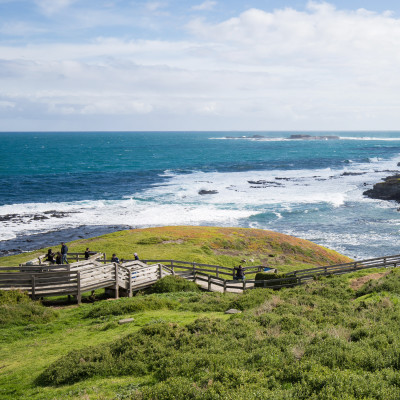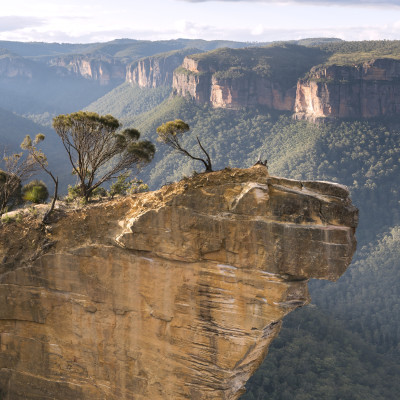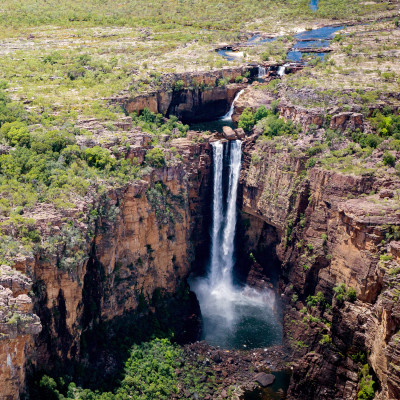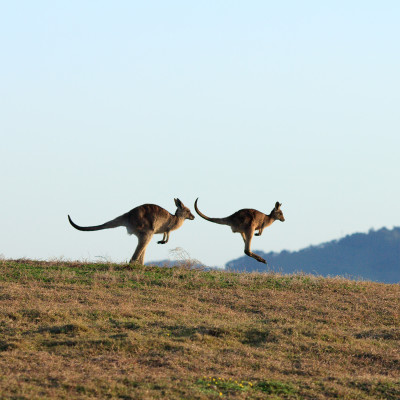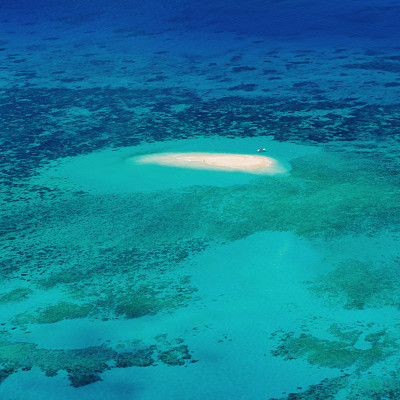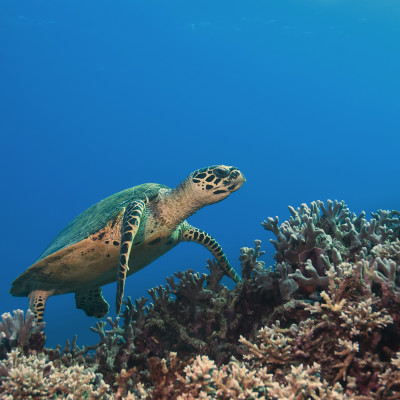Australia: What to know before you go
Before setting off on your discovery tour Down Under, it’s a good idea to learn a bit more about what to expect when you arrive. From the languages the locals speak to how to stay safe when you’re exploring the outdoors, make a note of the following Australia travel tips.
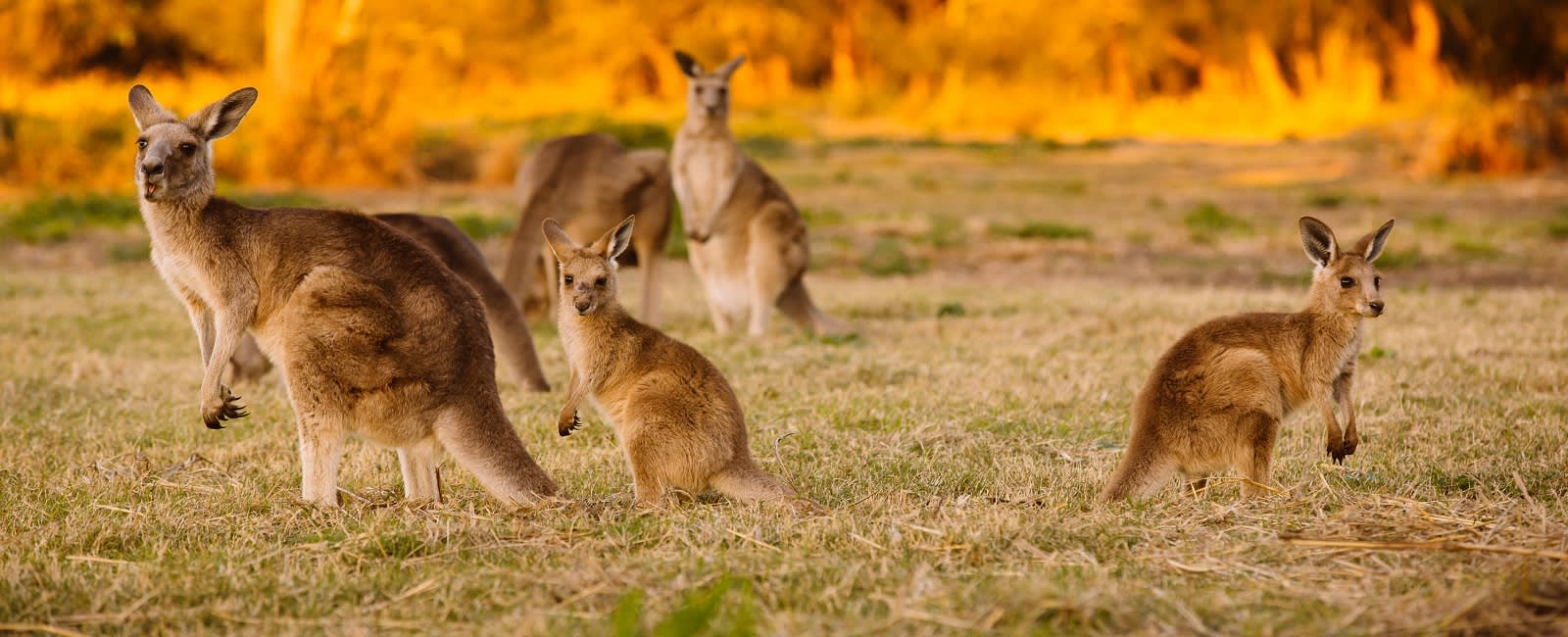
Language
English is Australia’s unofficial first language. Nevertheless, characterful vocabulary and strong regional accents can sometimes make it tricky for visitors to understand the locals. Many Australians abbreviate words too. For example, ‘barbie’ is BBQ, ‘mozzie’ is mosquito and ‘cossie’ is swimming costume.
As Australia is so multicultural, over 200 other languages are spoken throughout the country, including Mandarin, Punjabi and Arabic. When it comes to indigenous dialects, only about 20 are still spoken today, including Kriol.

Cash and currency
The country’s official currency is Australian dollars (AUD), which come in $5, $10, $20, $50 and $100 notes. You’ll be able to exchange USD for AUD at bureau de changes, some post offices and most large hotels.
You should be able to use international credit and ATM cards in restaurants, shops, hotels and tourist attractions (especially in the cities) as long as you have a four digit PIN. Inform your bank before you go on vacation to avoid any excess charges or blocked payments.
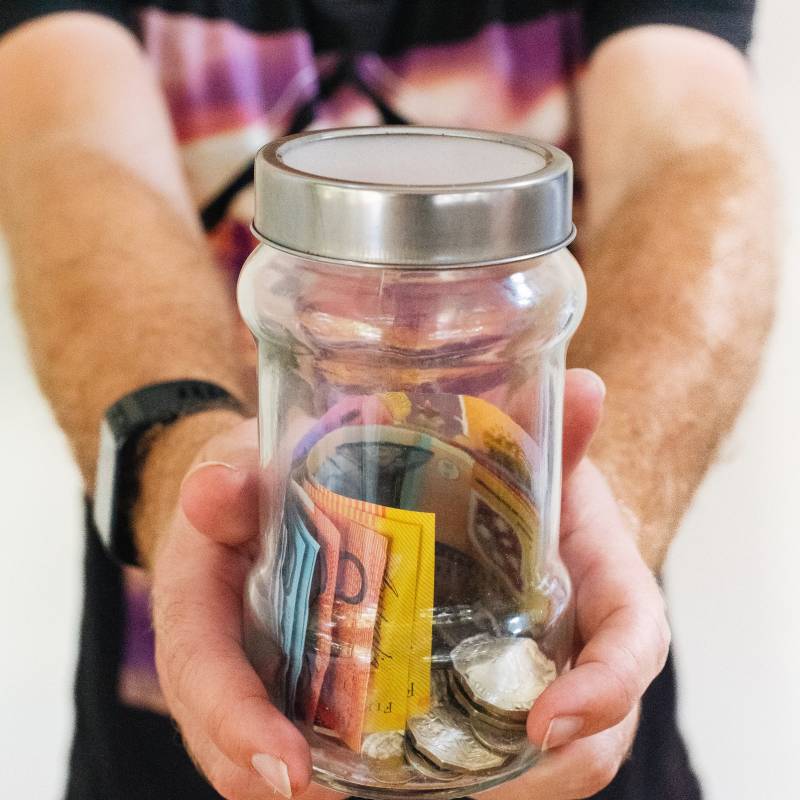
Dining
It is possible to find every kind of cuisine imaginable in Australia’s cosmopolitan cities, although eating out can be pricey. Sydney and Melbourne are known for their stylish restaurants and cool cafes, plus you’ll find plenty of fresh seafood along the country’s endless coastlines.
The choice is more limited in remote areas, although you will find authentic Australian steakhouses and offbeat pubs if you’re keen to sample some local grub. Note that tipping is not compulsory and service charge is not automatically added to bills in Australian restaurants and bars.
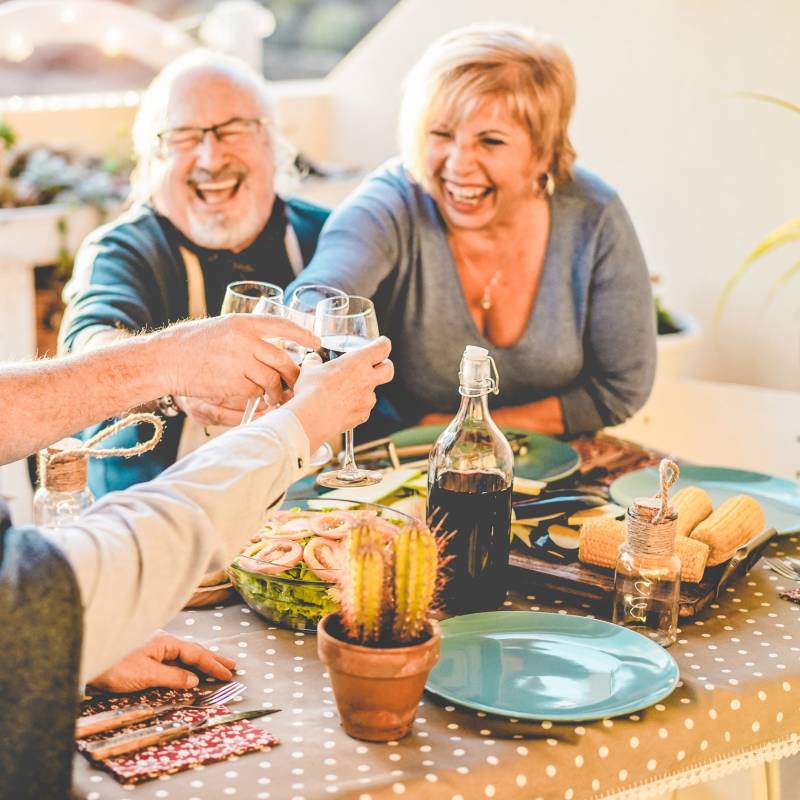
Getting around
As the country is so huge, it is quickest to fly between Australia’s cities and islands. Remember to get to the airport at least two hours before your flight and check baggage allowances for internal airlines well in advance.
It is also possible to reach much of Australia by rail thanks to high-speed cross-country train services. Good road systems additionally connect every state, although driving distances can be very long.
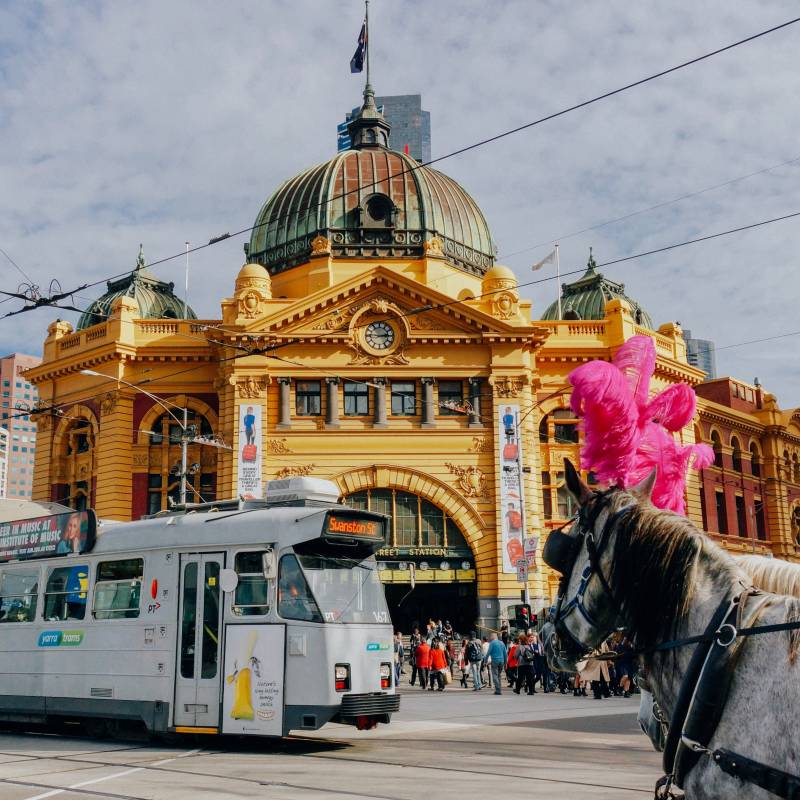
Health and safety
You won’t need any special vaccinations or medication when visiting Australia. Nevertheless, it can be a good idea to make sure you’re up to date with any routine inoculations. As bats can carry rabies in Australia, you may want to vaccinate yourself if you’re planning on traveling somewhere where you’re likely to come into contact with them.
One major Australian travel tip you’ll want to take heed of is being extra cautious when you’re outdoors. This is due to:
- Dangerous animals – Australia is home to many dangerous and/or venomous animals and insects. Be vigilant outdoors and never wander off into the wilderness on your own. If you’re by the coast or a river, keep an eye out for sharks and crocodiles.
- Riptides – You should watch out for riptides on some beaches, especially at Queensland’s Sunshine Coast surfing spots. Popular tourist beaches along Byron Bay, the Gold Coast and Cairns are usually lifeguarded from October through April. To be on the safe side, always stick to the yellow or red flagged swimming areas.
- Limited medical services – While Australia’s cities and towns have excellent healthcare facilities, it can be several hour’s drive to the nearest medical centre if you’re in the Outback.
If you’re ever in need of the police, ambulance or fire services during your vacation, you can contact them directly in an emergency on 000.
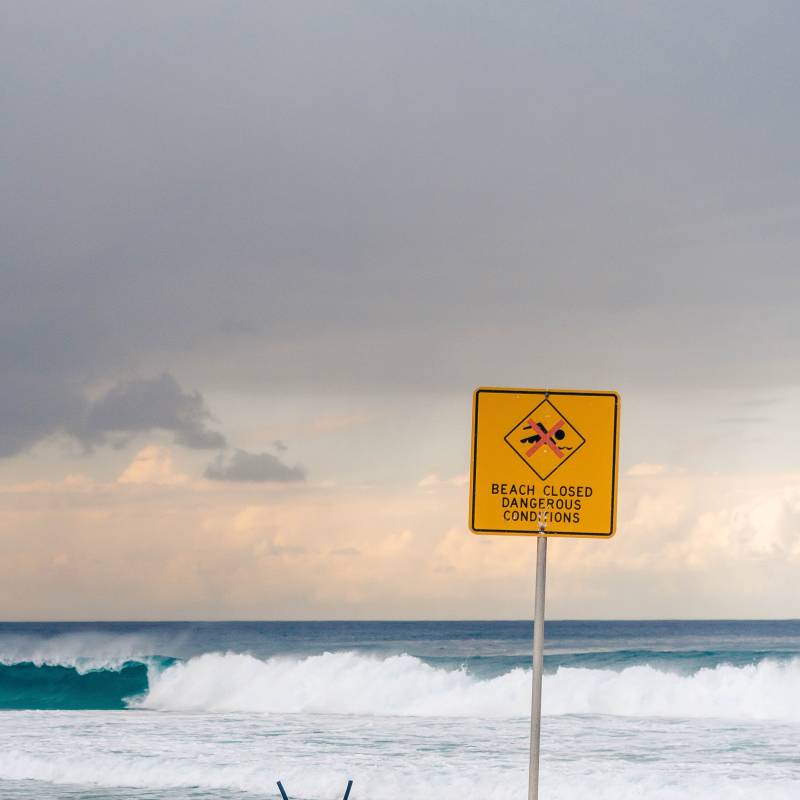
History
Discover the long and fascinating of the land ‘Down Under’ on your vacation. From indigenous culture to its history as a penal colony, learn more about the history of Australia.
Culture
Discover all about Australia’s culture and traditions – from its Aboriginal heritage to its world class art and music scene. Here are our top tips on what to see and do during your trip.
Cuisine
With it’s Aboriginal roots and migrant communities who have settled here over centuries, Australia offer a rich medley of culinary traditions. Discover all about Australian cuisine on your trip, with our top tips.
Popular Trips to Australia

Discover scenic Tasmania at your own pace as you drive across the island, from the capital city of Hobart in the east to Freycinet and Cradle Mountain National Park.
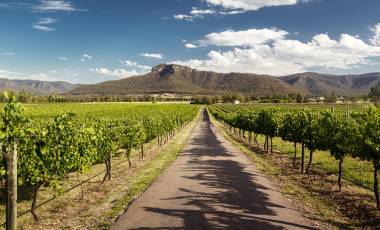
Embark on a memorable journey to experience some of Australia’s top natural and cultural attractions. Visit landmarks such as the iconic Opera House in Sydney, and sample the region’s flavorful wines in Hunter Valley. A lovely gourmet meal under the desert sky awaits you after your exploration of Uluru, a UNESCO World Heritage Site. You…
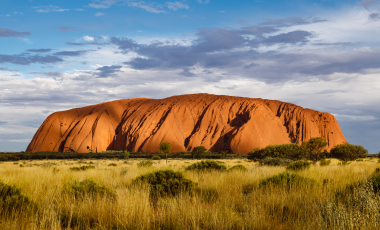
Experience the joy of slow travel as you discover Australia through a series of train journeys including The Ghan, on this 19-day tour of the sprawling continent. Hop aboard the Indian Pacific and traverse more than 2,700 miles from Perth to Sydney. Discover the fantastic wine and food landscape of Melbourne and Adelaide, before embarking…
Sorry, your search found no results.
